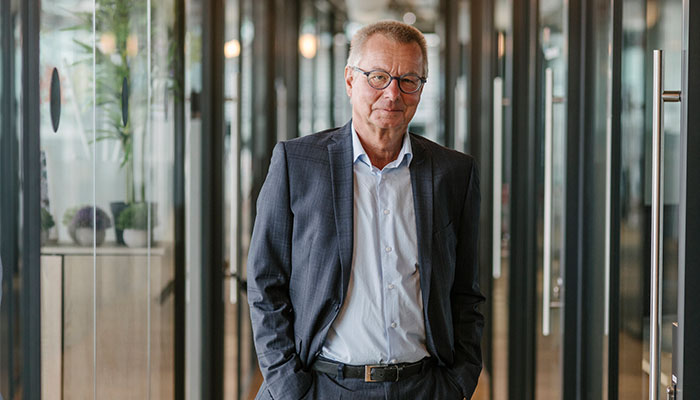Older workers who completed an evidence-based retirement planning course reduced their expected retirement age by an average of just over a year, felt more confident in making financial decisions and felt better prepared to leave the workforce.

Developed by a multidisciplinary research team led by Macquarie University Professor of Psychology, Joanne Earl, the course involves three online modules split into finance, health and career.
Funded by the Australian Research Council (ARC) and industry partner, Allianz Retire+, it was recently evaluated in a trial involving 829 people, and the results have been published in international journal Work, Aging and Retirement.
Participants were split into four groups: a control group and three experimental groups. The first group completed the online course in conjunction with a medical check, plus individual sessions with a financial adviser and a career adviser. The second group completed the online modules only, while a third followed the traditional path of seeing a financial adviser.
The team measured all four groups on a set of metrics that included financial decision making, estimated retirement spending, health goals, retirement age confidence, and preparation for exit from the workforce.
The results showed the first group had the best outcomes across all metrics compared to the control group, followed by online-only and finance-only.
Why holistic planning is important
Professor Earl says most people concentrate on their finances when planning for retirement without thinking about health or career.

“Data from the Australian Bureau of Statistics shows that most Australian workers aged 45 and older expect to retire at the age of 65,” Professor Earl says.
“The reality is that many of us will exit the workforce on up to 10 years earlier, often for reasons we have not foreseen, such as health problems or redundancy.
“About four in 10 workers aged 45 to 59 either have not set a retirement age or do not expect to retire at all, but being forced to leave work unexpectedly has been linked to poorer retirement adjustment. Thinking ahead can help to counteract that.”
Seeking career advice before retiring may seem counterintuitive, but Professor Earl says in 2018‑19, just over 160,000 Australians returned to work after retiring, for reasons ranging from financial considerations to simply being bored.
But returning from retirement can be challenging, so a better option may be transitioning out of the workforce by moving to part-time work instead of retiring completely.
This could involve focusing on just one area of current work, or a shift to a new industry altogether.
“The earlier we start thinking about what work means to us, and how we want to engage with it in future, the easier the retirement planning process,” Professor Earl says.
Asking the right questions
To help people with their retirement planning, the research team has made the Holistic Retirement Planning Program: eTraining Course available through Macquarie University’s OpenMQ platform. The cost is $50, with registration fees allowing it to continue to be updated with new content.

Professor Earl says the online modules are a valuable starting point for further conversations about retirement, whether or not people move on to seek professional advice.
“Our aim with this course is to improve the way people plan for retirement and optimise the timing of workplace exit in a way that leads to good adjustment and wellbeing,” Professor Earl says.
“You might decide to complete the career module before you talk to your employer about your next steps, or the financial module before you see a financial adviser so that you are well prepared and can get the most out of that opportunity, or the health module in preparation for a chat with your GP.
- Please explain: How do you grow diamonds in a lab?
- Why Shakespeare's plays remain relevant in the 21st Century
“Whether we expect to keep working or to retire completely, we need to know whether that’s realistic, and whether our health will allow us to do what we want to do," Professor Earl says.
“We want people to ask themselves not only when they want to retire and whether they will have enough money to live on, but also how and why they want to retire, and what they are planning to do with their time when they do.”
Professor Joanne Earl is a Professor of Psychology at the Macquarie University School of Psychological Sciences and the Macquarie University Lifespan Health and Wellbeing Research Centre. She is a registered psychologist.
Holistic Retirement Planning Program: eTraining Course is available through Macquarie University's OpenMQ platform.



